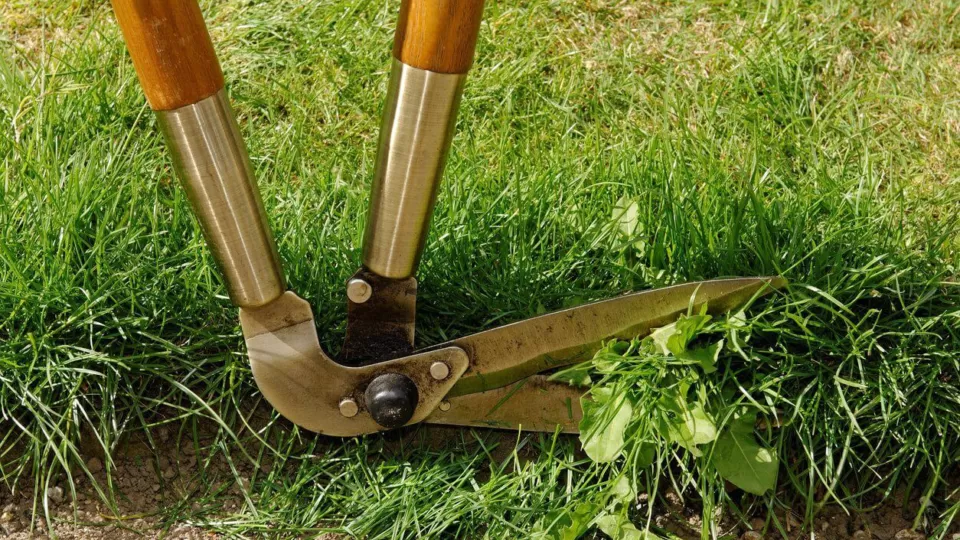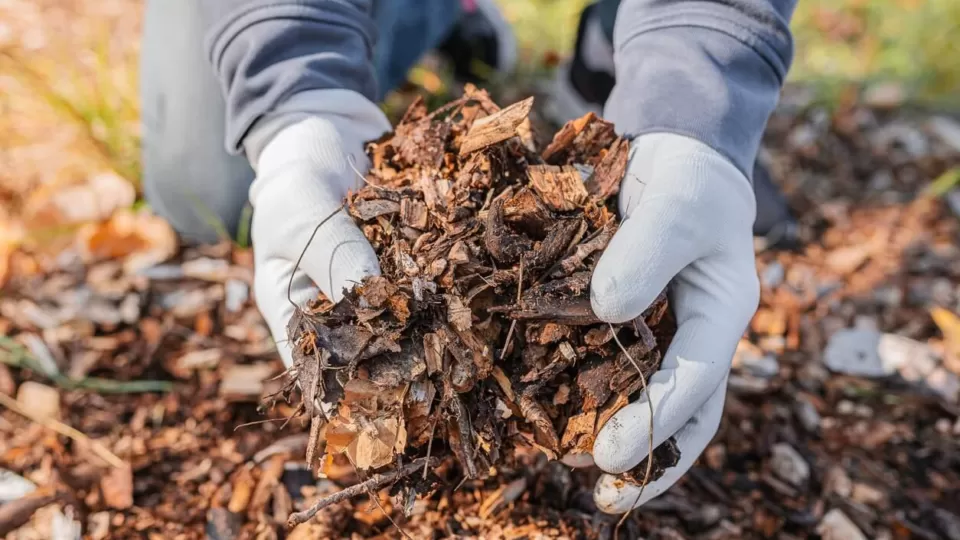Get autumn ready! A guide to master the season change in your garden
September is an important month for gardeners; the weather starts to cool down, the days are getting noticeably shorter, and things start to slow down in the garden as we transition into autumn
It also marks the end of the main growing season; plots are overflowing with an array of fruit and veggies ready for harvesting, and then it’s time to start preparing gardens, allotments and plots alike for the colder months ahead.
As we shift into autumn, we’ve created this handy guide to help you master the seasonal change in your garden!
Harvesting
September sees our gardening tasks shift away a little from planting, to focus more on harvesting and garden maintenance. This month brings us an abundance of fruit and vegetables, and nothing beats fresh, home-grown ingredients straight from the garden!
Our favourite tips when harvesting during September is freezing for freshness and fermenting your fruit and veggies. Many home-grown fruits, vegetables and herbs have a very limited life span once picked, if you find yourself in the situation where you have too many crops or are getting a little tired of having the same thing, try prepping and freezing your fruit and veggies to enjoy in a fresh pie or a warm winter soup at a later date. You can do this with apples, courgettes, carrots and even raspberries - the list is endless!
Why not give fermenting a go too? A traditional process commonly used to preserve foods, you can increase shelf life of your fruit and veggies and improve the flavour of the home-grown foods. Plus did you know, fermented fruits can provide some health benefits, including anti-oxidant and anti-inflammatory properties?
Tidying the borders
Early autumn is a great time to tidy the garden and remove any dying leaves and collapsed stems from your borders. Remember to clear any spent plants before they start to rot and become host to pests and unruly diseases. Not only will this improve your soil next year, but you’ll be tackling the tedious tasks before the cold weather hits.

It’s important to have a good clear out of any pesky perennials so you’re not faced with the challenging task of removing them as the colder seasons approach. Once the weeds have been taken up and the area is looking in better shape, spread well-rotted manure over the soil to insulate any remaining plant roots.
Compost maintenance
Composting is a great way to reduce waste and decrease greenhouse gas emissions. Using old weeds and organic matter will increase nutrients whilst strengthening soil and promoting healthy plants.
Early autumn is the best time to gather materials to start a compost heap. As leaves start to fall it’s important to save any garden waste, especially when tidying the borders of your garden and allotments. It can usually take up to 9 months to break down compost to a usable level, meaning you’ll have home-made compost in the peak of the main growing season.

Plant protection
It’s important to prepare for the drastic weather changes as we head into cool months. Autumn is all about preparing your garden and allotments ready for the next growing season and making sure it is in great shape for spring.
Protect plants against the consequences of the colder winter months by wrapping any tender crops in horticultural fleece or even moving them into a protected area such as a greenhouse, to keep them from dying off and making sure they’re out of the way before the first frost hist!
For more gardening tips and ways to save time and water, take a look through our latest blogs.
Remember to follow our social media channels to keep up to date with our latest growing journeys in the Irrigatia garden!
